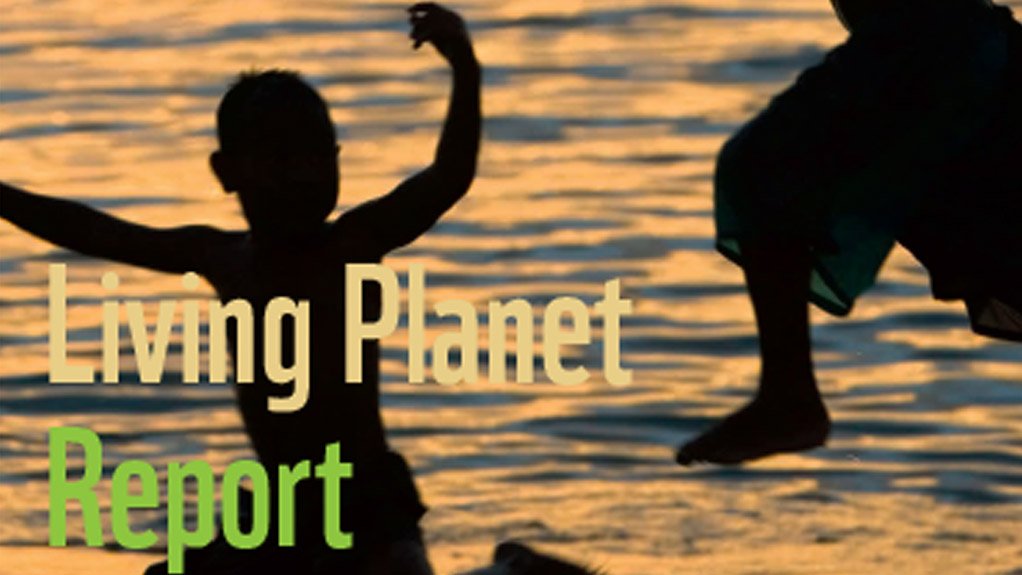- The Living Planet 201814.52 MB
The Living Planet Report documents the state of the planet—including biodiversity, ecosystems, and demand on natural resources—and what it means for humans and wildlife. Published by WWF every two years, the report brings together a variety of research to provide a comprehensive view of the health of the Earth.
We are pushing our planet to the brink. Human activity—how we feed, fuel, and finance our lives—is taking an unprecedented toll on wildlife, wild places, and the natural resources we need to survive.
On average, we’ve seen an astonishing 60% decline in the size of populations of mammals, birds, fish, reptiles, and amphibians in just over 40 years, according to WWF’s Living Planet Report 2018. The top threats to species identified in the report link directly to human activities, including habitat loss and degradation and the excessive use of wildlife such as overfishing and overhunting.
The report presents a sobering picture of the impact human activity has on the world’s wildlife, forests, oceans, rivers, and climate. We’re facing a rapidly closing window for action and the urgent need for everyone—everyone—to collectively rethink and redefine how we value, protect, and restore nature.
“This report sounds a warning shot across our bow,” said Carter Roberts, president and CEO of WWF-US. “Natural systems essential to our survival—forests, oceans, and rivers—remain in decline. Wildlife around the world continue to dwindle. It reminds us we need to change course. It’s time to balance our consumption with the needs of nature, and to protect the only planet that is our home.”
We still have time to act.
To ensure a sustainable future for all living things, we need to urgently curb the loss of nature. The biggest challenge—and biggest opportunity—lies in changing our approach to development and remember that protecting nature also helps protect people.
WWF is working with governments, businesses, and communities to reduce carbon emissions, prevent habitat loss, and advance policies to fight climate change. We’re focused on protecting wildlife and conserving natural resources like forests, oceans, fresh water, and grasslands. And we’re exploring new ways to feed our population without hurting the environment.
Ultimately, the world needs to come together to make a global deal to save nature.
Report by the WWF
EMAIL THIS ARTICLE SAVE THIS ARTICLE ARTICLE ENQUIRY
To subscribe email subscriptions@creamermedia.co.za or click here
To advertise email advertising@creamermedia.co.za or click here











